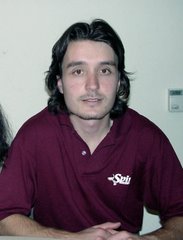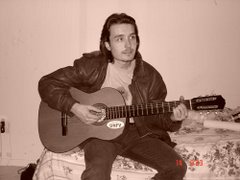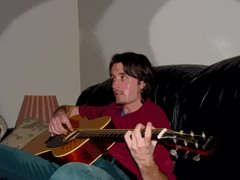Few days ago, I was just informed that I will be successfully completing my MA degree in International Relations at Wits University in November. My research report has just come back from my external examiner and it is a subject to minor corrections, mostly technical and grammatical errors.
It has been really such a long time and effort to reach this end. In fact, I came back from overseas only in order to complete this degree. However, only now I realise that this has been a worthwhile effort and I should not regret that I enrolled for a Master's programme two years ago.
It is also surprising that right now I feel challenged and motivated to study again. If anybody asked me few months ago if I was going to study again after the completion of my Master's degree, I would have definitely said "no". And now it seems that the challenge has just begun, with a full new speed and big courage.
Yet, I also have so many other things that I am currently busy with and I will be for quite a while. Thus, the new job (internship) seems quite challenging and there are still many more projects coming up soon (I will talk about that in a separate blog post).
On the other hand, I need to expand on my social life, but this again is related to time and money. Eventually, I have been thinking about renewing my guitar lessons, but this initiative seems almost impossible at present (again because of the reasons mentioned above).
I guess all decisions will come straight away after I complete this degree and graduate. On the other hand, I want to give myself a little break before I go to Bulgaria in early December. Yet, this experience will be both a lot of fun and yet a challenging experience (I am a bit afraid of how the experience in Bulgaria might reflect on me).
I guess, I will come back to the same question raised in the session on "emotional intelligence" by Shammen Naidoo:
"Know Yourself!" (as philosopher Socrates said long time ago)
(In this regard, check one of my previous blog posts-it talks about that.)
But, let's talks about that next time!


